On the 6th September 2018, Ofsted updated the "Inspecting safeguarding in early years, education and skills settings” handbook. This document reflects the new ‘Keeping children safe in education’ 2018 (KCSIE) guidance as well as ‘Working Together to Safeguard Children’ 2018 and needs to be read alongside the ‘Common inspection framework: education, skills and early years’ and the individual inspection remit handbooks.
Rebecca Avery, Education Safeguarding Adviser (Online Protection) within the Education People, Education Safeguarding Team has produced a summary document which explores online safety within the updated handbook.
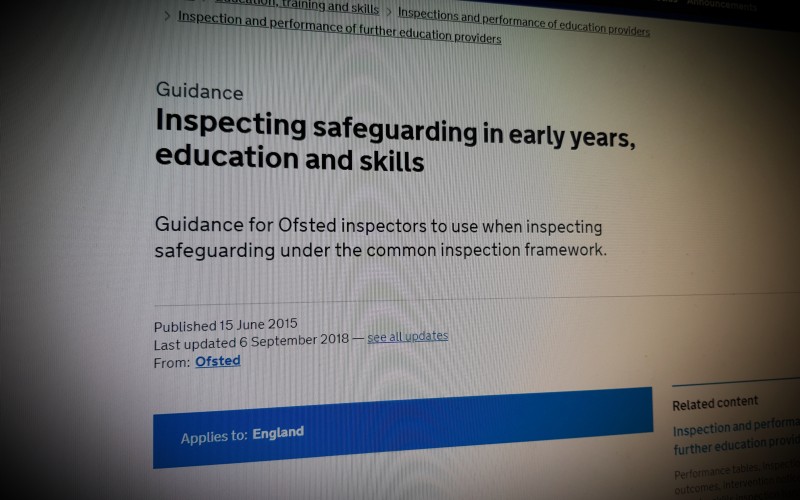
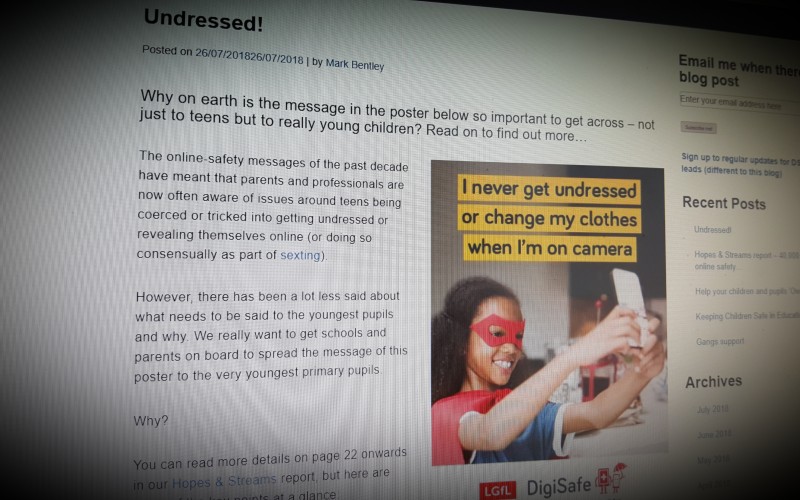
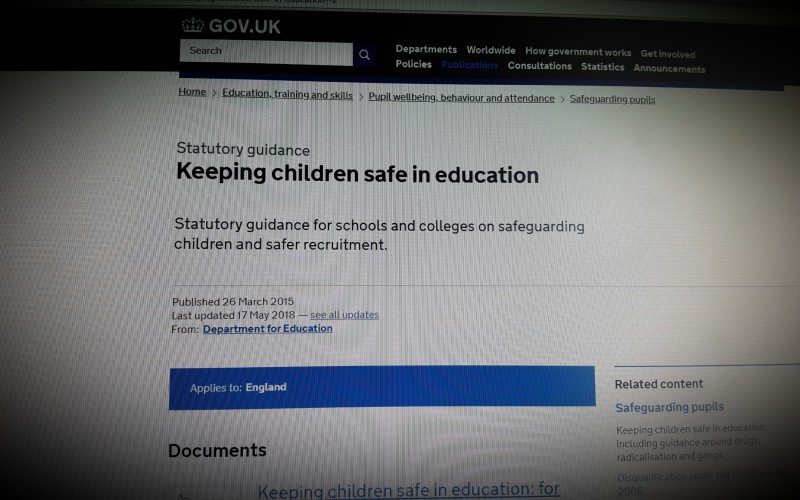
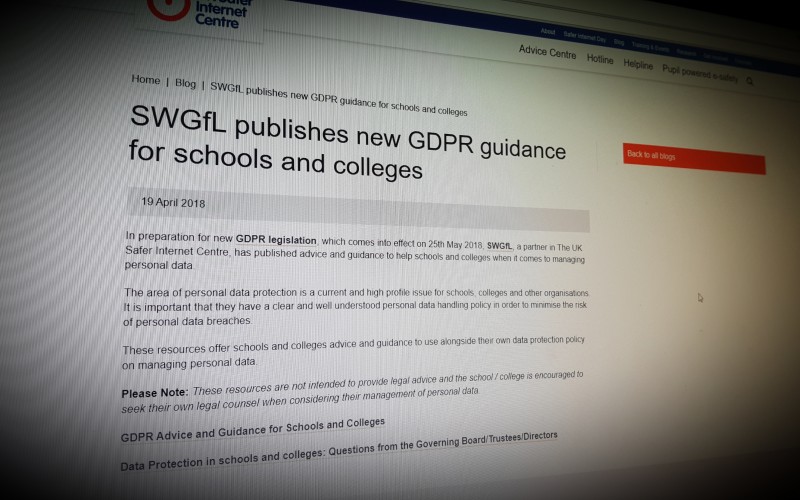
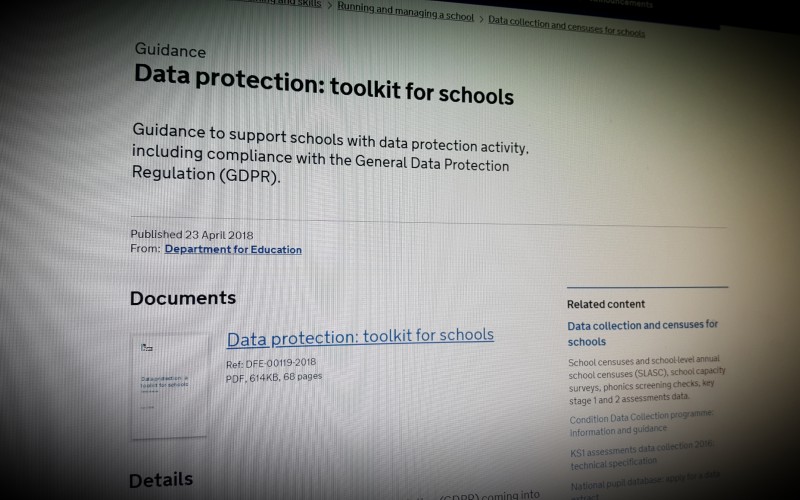
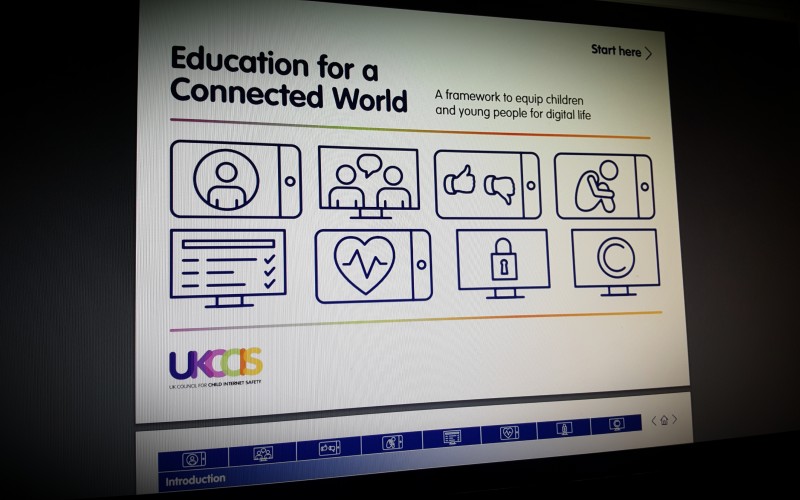
Comments
make a comment